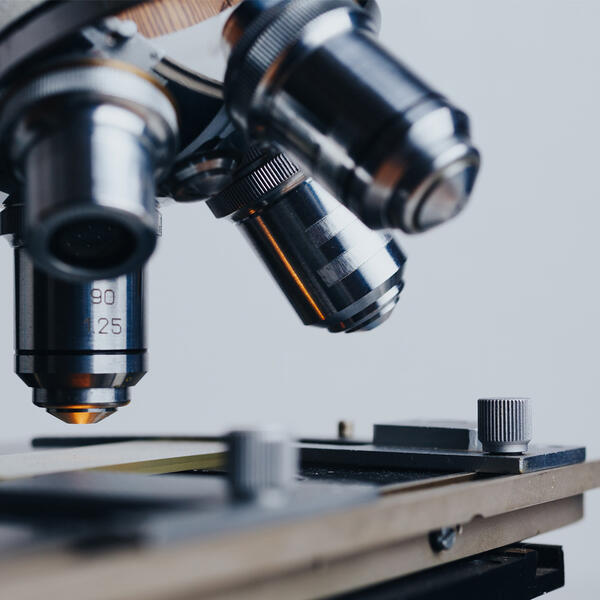Releases
WADA’s 2022 Athlete Biological Passport Symposium highlights importance of communication and collaboration for ABP success

From 12-14 October, the World Anti-Doping Agency convened its 2022 Athlete Biological Passport (ABP) Symposium in New Delhi, India. The Symposium brought together over 200 anti-doping stakeholders that are involved in all aspects of ABP programs – including testing, administration, expert reviews and results management – in order to promote harmonization of practices and an exchange of knowledge and lessons learned from ABP cases.
Graciously hosted by India’s National Anti-Doping Agency (NADA) and National Dope Testing Laboratory (NDTL), this 3rd ABP Symposium gathered representatives from National and Regional Anti-Doping Organizations; International Federations; Athlete Passport Management Units (APMUs); WADA-accredited laboratories; along with ABP experts who review passports.
WADA Associate Director of the ABP, Dr. Reid Aikin, said: “WADA was thrilled to convene so many stakeholders from around the world to discuss the Athlete Biological Passport program. The success of the ABP relies heavily on the coordination and collaboration between different stakeholder groups. A key theme of this symposium was enhancing communication between ABP partners – recognizing its importance, where it can be improved and ultimately working towards developing solutions to enhance the exchange of information between all involved in the ABP.”
Over the course of the Symposium, it was clear that a variety of distinct fields of expertise are required to make the ABP function. From experienced testing managers and investigations teams; to highly trained Laboratory personnel and medical experts reviewing passports; and experienced legal teams, it was evident that mutual understanding and recognition of the different roles is critical to coordination and enhanced efficiency of ABP processes.
“When we talk about ‘Raising the game’ for the ABP, it is not just about integrating new markers or modules, it is also about doing more with the information we already have. As we have heard over the past three days, getting the right information to the right people is critical for the efficiency and efficacy of the ABP,” added Dr. Aikin.
Ritu Sain, NADA India Director-General and CEO, said: “Seeing the global anti-doping scientific community coming together and deliberating during WADA’s 2022 ABP Symposium in New Delhi was an enriching experience. Collaborative action at a global level is integral to promoting clean sport and NADA India is wholeheartedly committed to contribute towards fair play.”
The Symposium’s program included the sessions outlined below as well as several case study discussions. It also covered best practices related to ABP program management and communication between ABP partners.
- An overview of the upcoming Endocrine Module;
- The upcoming NextGen ABP module in WADA’s Anti-Doping Management System (ADAMS);
- Implementation of new blood steroidal markers within the Steroidal Module;
- A discussion of blood withdrawal as evidence of doping;
- Using the ABP to uncover sample swapping;
- Integrating ABP information into investigations;
- Recent legal developments with the ABP; and
- A variety of case discussions of hematological, steroidal and endocrine passports.
To learn more about the ABP, visit the ABP section of WADA’s website or read the ABP Spotlight.

